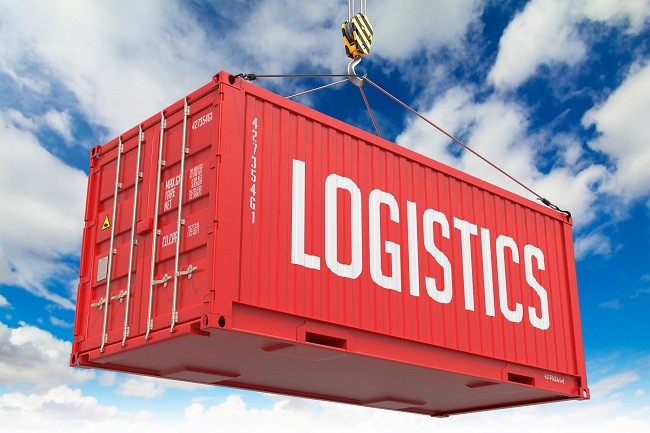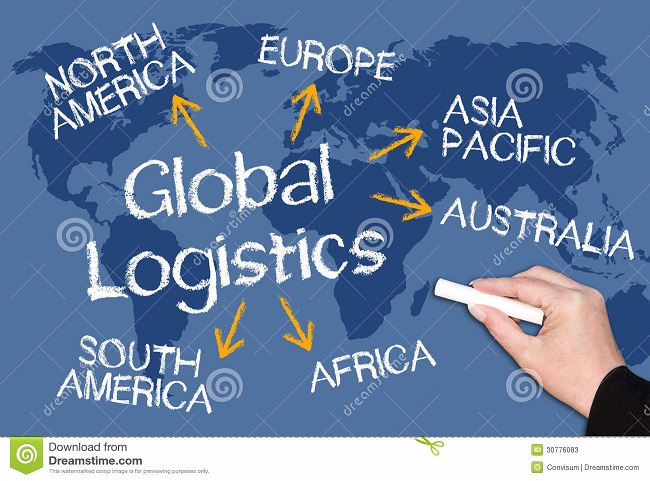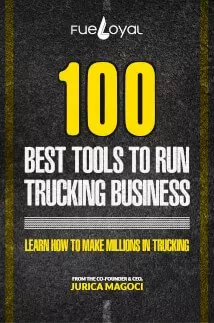- 3PL
Third party logistics provider; a 3PL is a firm that provides outsourced or third-party logistics services to companies for some portion of their supply chain. - 4PL
Fourth party logistics provider; a 3PL that is non-asset-based. - 5 S
Workplace organization systems; stands for separating, sorting, setting in order (or cleaning), standardizing, and sustaining. - 5 Whys
This method, which involves five iterations of question-asking, is used to determine the root cause of a defect or problem; five iterations are usually sufficient. - JIT
Just in Time; an inventory control method that brings stock into a production process, warehouse, or customer right before it’s needed, reducing excess inventory. Each operation is closely synchronized with subsequent operations. - KPI
Key Performance Indicator that measures a process or function; metric. - LLP
Lead logistics provider; a 3PL that is usually non-asset-based. - Lean
Lean is an enabler to identify optimal value for the customer and each product’s value stream. Lean focuses on eliminating wasteful activities and creating smooth product and process flow, enabling an effective pull system. As a mindset, culture, and toolkit, lean is applicable to all organizational areas. A lean environment requires all team members’ dedication and is focused on ongoing continuous improvement. - LTL
Less Than Truckload (multiple suppliers shipping to multiple customers). - PDCA
An improvement cycle containing plan, do, check, and act steps. - Poka-yoke
The Japanese word means “mistake-proofing” by applying low cost, reliable devices used in the jidoka system; it stops processes to prevent the production of defective parts. - Pull system
System of manufacturing in which production processes draw output from preceding processes. - Standardized work
The result of organized and defined worker movement, outlining efficient, safe work methods. - Total Logistics Cost Models
The goal is to reduce total logistics systems costs by analyzing all costs (transportation, warehousing, order processing, lot quantity, and inventory carrying cost) and cost tradeoffs. - Value stream mapping
A technique used to analyze the flow of materials and information required for a product / service to reach a consumer. - XY Matrix
A tool used to compare two separate criteria by plotting them on an X / Y grid. - Yokoten
In Japanese, it means “across everywhere.” Countermeasures and / or plant-related activities that are communicated plant wide and with other company affiliates.
Source: www.dreamstime.com
For a bit more insight regarding the world of logistics and logistics jobs, there are numerous sites and groups. For example check out Logistics World.
There is a lot to know and learn about logistics jobs. You need to have, or more correctly build a team that has a good grasp of the industry. They also will need to be multi-taskers, have excellent time management skills, a good understand of the particular industry’s technologies, and be customer orientated. Additionally they need to be able to handle stress.
LEARN 12 SECRET STEPS HOW TO MAKE $950 MORE PER TRUCK / MONTH
Hey! I'm George J.Magoci and I will send you a FREE eBook where you can learn 12 secret steps how to make $950 more truck/month.

It seems that along with scheduling and tracking your shipments, you need to be able to answer and address any related concerns. That is why organizations like GS1 set up the standards to better assist you in maintaining accurate information about your shipments. Things such as: where did they come from? When and where will they arrive? What is the next step? ; -and everything else a good logistics operation needs to keep up on.
Source: www.dual-logistics.com
Career In Logistics Jobs
So what about logistics jobs and career in logistics jobs? Now I have touched a lot about what logistics and logistics jobs is and why it is so important. I have even gone over the few aspects associated with the field of logistics and logistics jobs. Heck, I have even mentioned some of the governing bodies you might have to deal with on a daily bases while having a career in logistics and having one of the logistics jobs.
Yet I am sure there are a few more questions. Such as, “Ok great but what are they really?” “What type of education do I need?” “How do I get a logistics jobs and/or start a career in logistics jobs field?” I am sure there is at least one person thinking, “If it is so stressful why do it?”
Source: www.jvclogistics.com.au
Well I will touch on the last one first. It is exciting! Ask anyone who has worked in the field. Oh I am sure they will tell you how much they hate it and how hard it is and all of that. But, have been doing it for years and years. So if it is such a miserable existence why stick with it? Besides a paycheck, it’s because the rush! The solving problems, the need to control events and perhaps to be able to say, “I actually did something”.
So what do you need to get into the logistics career field and hold one of the many logistics jobs out there? Many will suggest a bachelor’s degree in logistics, supply chain management, and/or business administration. Course work geared towards purchasing, distribution, warehousing, transportation, and operations will be most beneficial.
Source: www.traccsolution.com
You will also need to be familiar with basic accounting, management (both time and staff), business law, and economics. Even others would go so far as to say course work in manufacturing, contract negotiations, supplier demands, and other such programs. Whatever you do you must be knowledgeable about how to efficiently oversee the flow of product (as it pertains to your industry).
Now as with any industry it seems that finding the right candidate can be hard. It is actually expected that logistics jobs will increase. Some experts think the logistics jobs market could grow as much as 22 percent in the next decade.
Source: www.forbes.com
So what are some of the jobs and requirements that can fall under a logistics umbrella? You might be surprised, because logistics jobs are not just the people running the show. There are many other people who are directly, or indirectly involved in the greater picture that is logistics jobs. So if you would like to work in logistics and have one of the many logistics jobs, but not directly, you might consider one of these positions:











